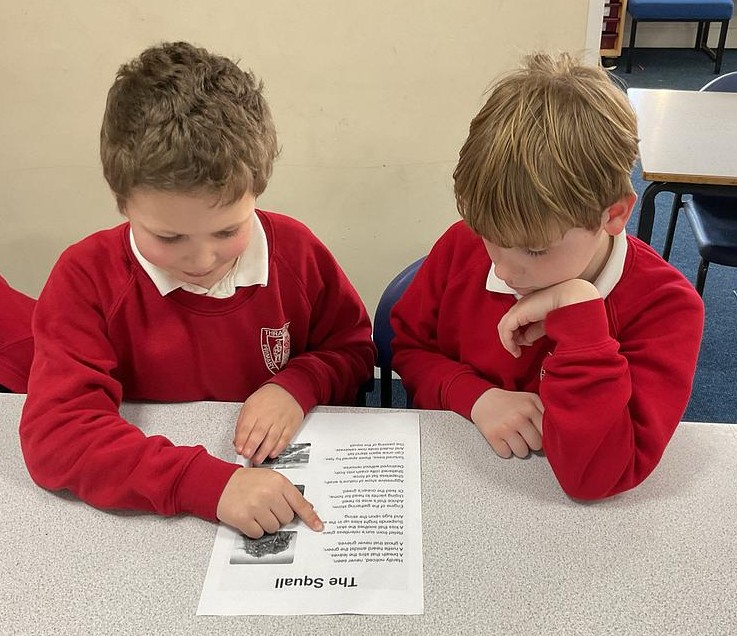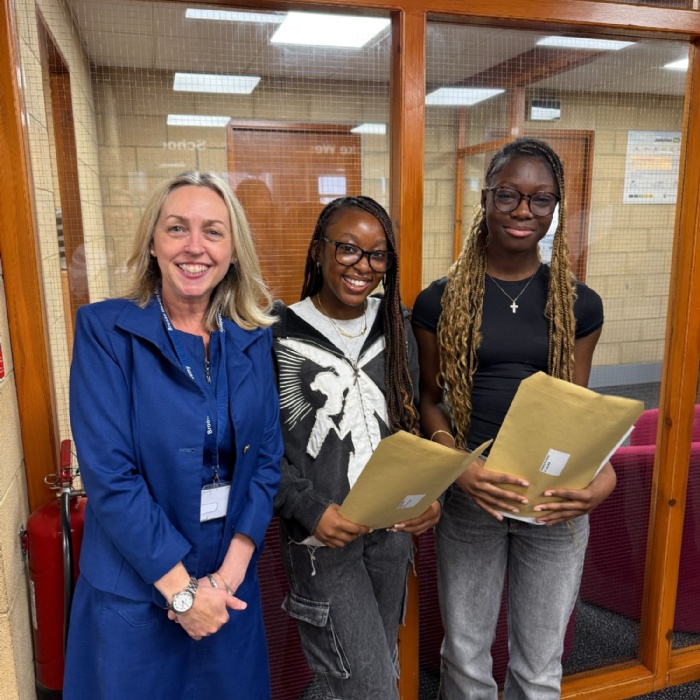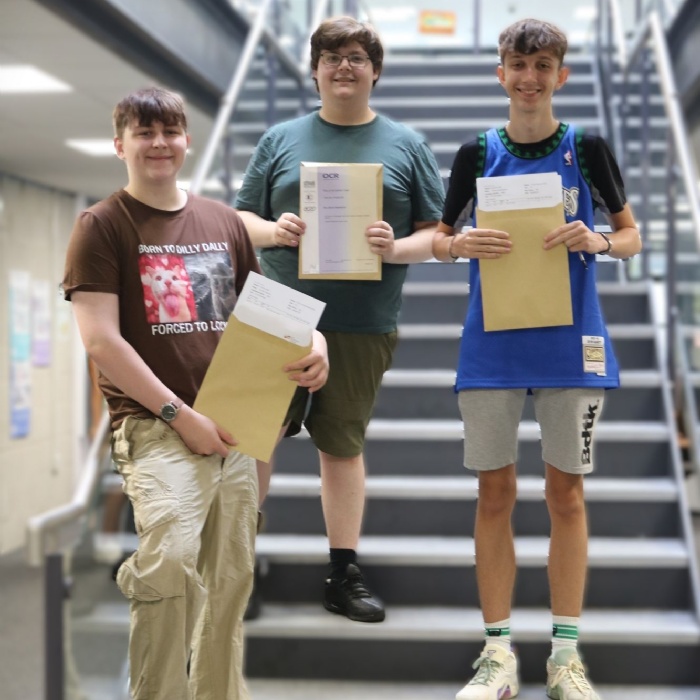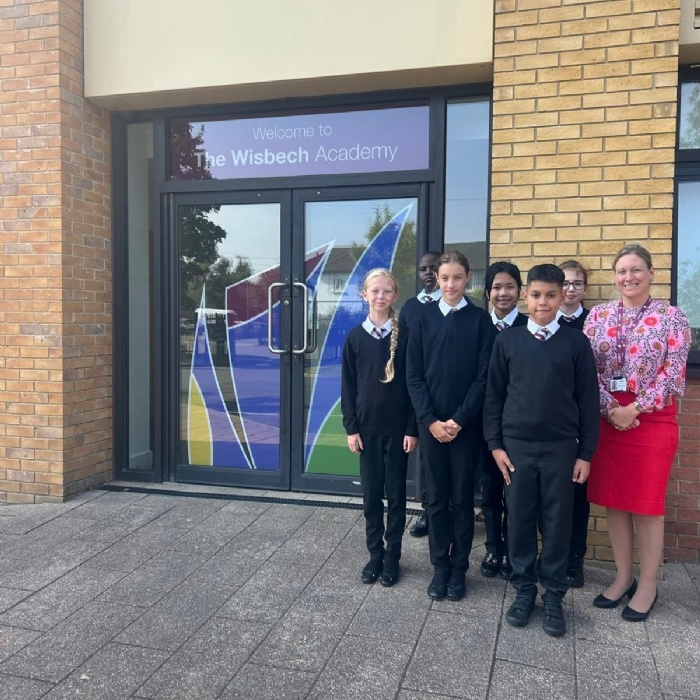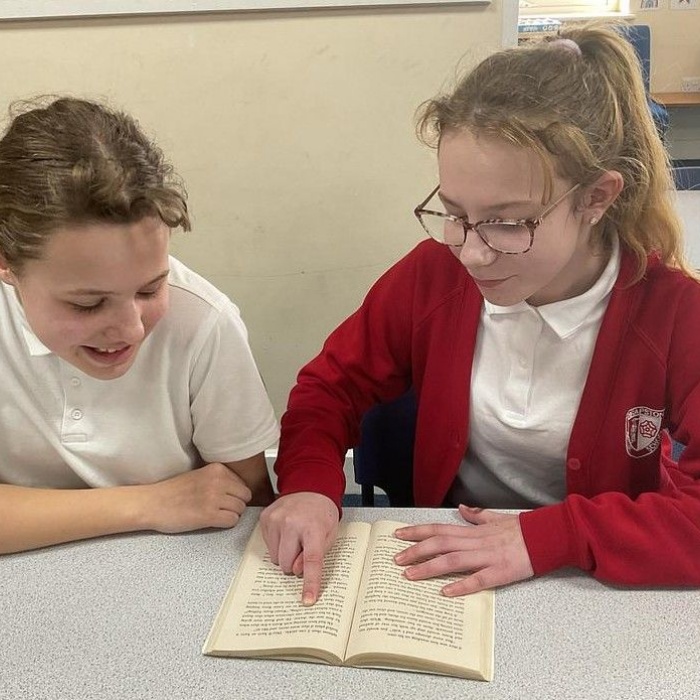Spotlight on Literacy and Reading at Thrapston Primary School
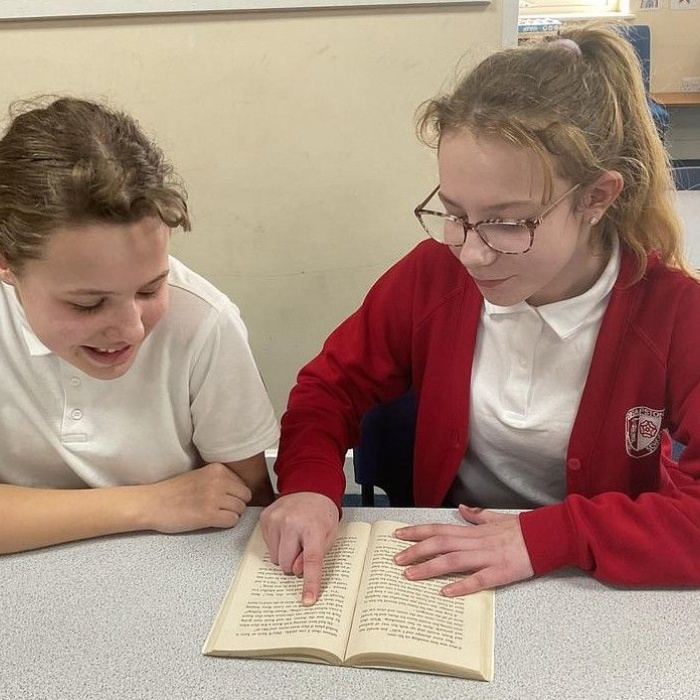
“We have built-in opportunities for children to read and re-read texts, developing fluency. And with fluency comes understanding”
Nicola Hall, Reading Lead at Thrapston Primary School
With a Trust-wide focus on Literacy & Reading, Nicola Hall, Reading Lead and Year 5 Teacher at Thrapston Primary School reflects on the success of the new reading strategies introduced since September.
Nicola, what reading strategies have been introduced at Thrapston Primary?
Historically, we conducted weekly reading sessions, however recognising the need for a more consistent approach, the school has transitioned to daily sessions where all students read simultaneously. Each key stage across the school focuses on an age-appropriate text or excerpt, with a structured format for the week that typically looks like this:
- Monday: Teachers read the text aloud with intonation and expression, introducing and discussing the key vocabulary. This is followed by "Echo Reading," where students repeat the text after the teacher. Teachers then reread the text while omitting keywords for students to fill in, helping to build fluency. It is important that teachers read at a regular pace, so children gain the experience of reading quickly.
- Tuesday: With an initial focus on vocabulary, children participate in partner echo reading and answer ‘direct retrieval questions’ where children respond to the text. The teacher models questions and answers and the class initially works together before answering three focused independent questions.
- Wednesday: We continue with vocabulary discussions and partner echo reading but shift the focus to ‘Inference questions’ where the children use contextual knowledge to respond. Further modelling of questions from the teacher enables the children to answer one of their own.
- Thursday: One ‘big question’ about the whole text is introduced, addressing the common challenge for children nationally: understanding overarching themes. Pupils engage in text marking to emphasise keywords or phrases and practice fluency by performing the text to their partner or peers.
- Friday: On Fridays we celebrate reading by stepping away from the week's text. Pupils might bring in favourite books from home, or teachers read aloud to them.
How have you adapted the reading strategies to suit Thrapston Primary School?
All staff at our school follow a consistent reading strategy, structured and delivered through PowerPoint presentations. To ensure uniformity, I initially developed the framework and provided staff training on this approach. The teachers have enthusiastically adopted this approach ensuring it is consistent throughout the year groups to develop fluency, and with fluency comes understanding.
What strategies have worked well?
One strategy that has worked particularly well is the introduction of Star Words, which are embedded into every lesson. Teachers introduce each word by breaking it into syllables, providing a definition, associating it with an image, and offering a synonym to reinforce understanding. The children then encounter the word in multiple contexts through four activities to see the word in different sentences; through echo reading with the word in a sentence, a choral read (where the class reads aloud in unison), a closed sentence and then we offer part of a sentence for the children to fill in the gaps and finish.
What challenges have you observed?
One of the biggest challenges I've encountered in teaching young readers is their tendency to read slowly and robotically. This often stems from early reading experiences where emphasis is placed on accurate pronunciation over fluency.
While accurate pronunciation is essential, it's equally important for children to develop reading fluency – the ability to read smoothly, accurately, and with expression. While correct pronunciation is essential, fluency, through reading smoothly, accurately, and with expression, is just as important for comprehension and engagement.
To address this, we provide opportunities for repeated reading and encourage students to read aloud in various contexts. These strategies help build confidence, develop natural rhythm, and make reading more enjoyable. Although this is an ongoing process, I have seen positive progress as pupils gradually adopt smoother and more expressive reading habits.
What has been the impact on students’ attitudes towards reading since implementing these new initiatives?
Since implementing these new reading initiatives, there has been a noticeable positive shift in pupils' attitudes towards reading. A lot of the excerpts used are taken from the ‘Reading Canon’ used across all the primary schools. This is a curated list of high-quality books that children are introduced to at specific key stages.
Speaking with my Year 5 pupils, one recently said: “I have got into reading lots more since doing the reading lessons every day. I enjoy reading at home and school more.” Another shared, “I enjoy it, and like that I can get my teeth into the same text because we read it every single day.”
Additionally, previously reluctant readers who were hesitant to participate in group reading exercises have shown increased confidence through Echo Reading.
What support have you received from Brooke Weston Trust in implementing these reading strategies?
I have received a lot of invaluable support from Brooke Weston Trust. I had the opportunity to visit Peckover Primary School to observe their reading lessons and engage in discussions with teachers from across the Trust, gaining insights into best practices.
Additionally, I collaborated with our Director of Primary, Carrie Norman, to develop the schools weekly reading plan. Her suggestions introduced new elements I hadn’t previously considered, improving our approach.
The Trust also conducts AIBs (lesson observations) to assess the strategies in action, ensuring consistency and effectiveness. A noticeable impact of this support is the growing confidence among students, not just in their reading skills, but across all subjects. The techniques implemented are helping them engage with texts more fluently and independently, enhancing their overall learning experience.
